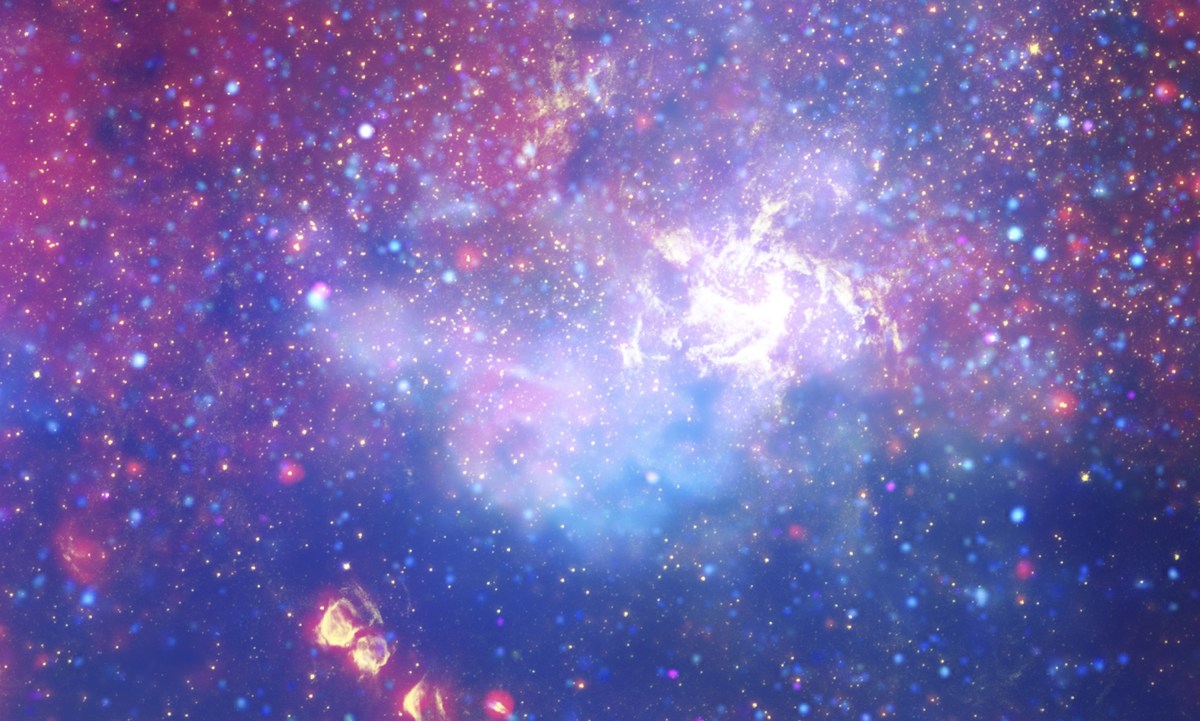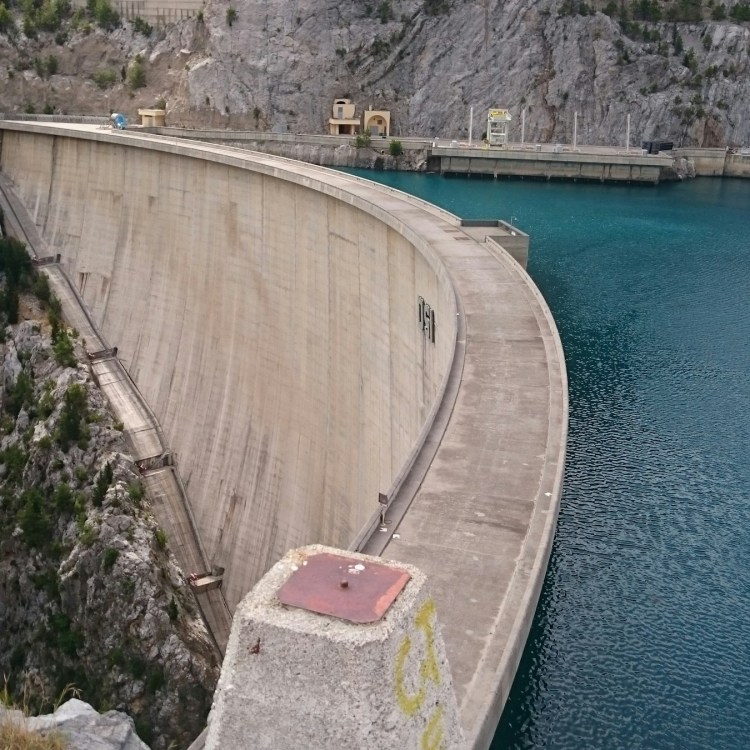Look to the skies. The Milky Way galaxy is on a crash course with a spiral of stars known as the Large Magellanic Cloud (LMC), according to a new paper published in the Monthly Notices of the Royal Astronomical Society. The galactic collision could devastate our galaxy.
A team of astrophysicists from Durham University in the U.K. detailed their findings in the new study. “The destruction of the Large Magellanic Cloud, as it is devoured by the Milky Way, will wreak havoc with our galaxy,” Marius Cautun, lead study author and postdoctoral fellow at Durham University’s Institute for Computational Cosmology, said in a statement to Live Science.
Even though space is massive, galactic collisions are a fairly common event. Using a supercomputer EAGLE, the Durham team creates collision simulations that model several scenarios for the impending Milky Way-LMC mashup.
The new study reveals the impact date is sooner than expected -2 billion years from now, not 5 billion as once predicted. So there’s no need to worry about Earth being sucked into a black hole just yet- or if even at all.
Researchers say any risk to Earth is “very unlikely” and that we may even be treated to a brilliant fireworks show when Milky Way’s dormant black hole kickstarts, flinging stars quadrillions of miles away and filling the sky with cosmic radiation.
Thanks for reading InsideHook. Sign up for our daily newsletter and be in the know.


















